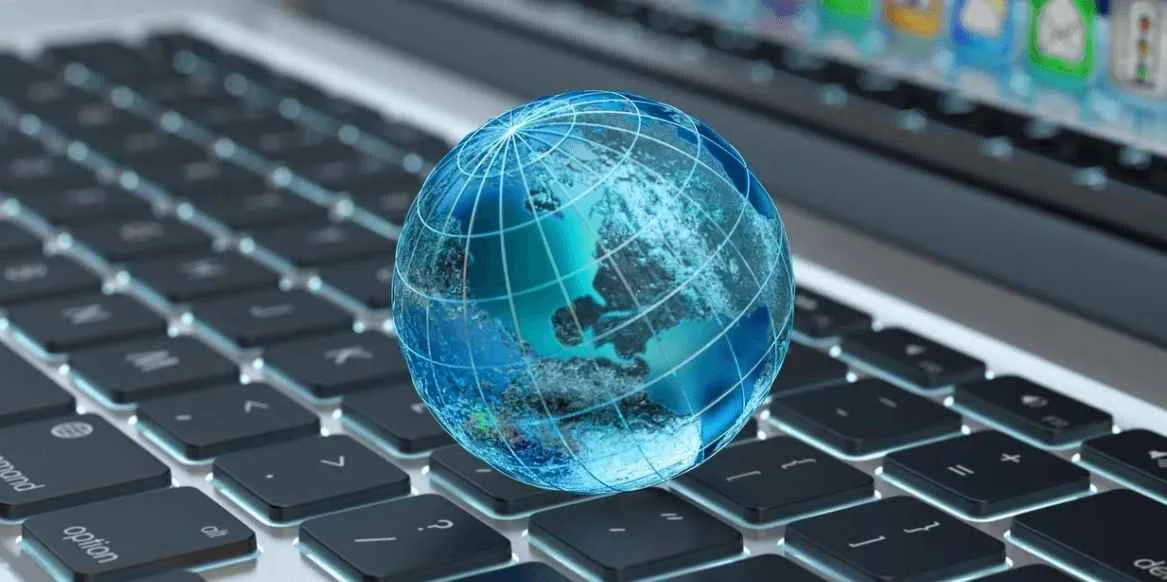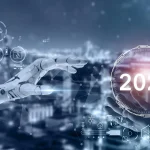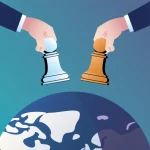Introduction
In 2025, the intersection of artificial intelligence and international politics is no longer theoretical—it’s reality. Governments across the globe are realizing that the AI revolution is not just about economics and innovation, but also about security, influence, and power. The emergence of what experts call “AI diplomacy” is reshaping alliances, sparking new conflicts, and creating opportunities for collaboration that could determine the trajectory of humanity for decades to come.
AI as a Tool of Soft Power
Nations are using artificial intelligence as a form of soft power. Countries that dominate AI development—such as the United States, China, and South Korea—are leveraging their technological advancements to attract partnerships, investment, and talent. AI-powered healthcare platforms, for instance, are being exported as goodwill projects to developing nations, creating diplomatic goodwill while also spreading influence.
The EU, meanwhile, has positioned itself as the global leader in ethical AI regulation, exporting its rules and standards worldwide. Just as the GDPR influenced global privacy law, the EU’s AI Act is expected to set the tone for how AI technologies are governed beyond its borders.
The Security Dimension of AI
AI is also central to national security strategies. From cyber defense systems that use AI to detect threats in real-time to autonomous military drones capable of independent decision-making, the technology is redefining how wars are fought and prevented.
This militarization of AI raises concerns about an arms race. The U.S., Russia, and China are at the forefront, investing billions into AI-driven defense systems. Smaller nations, however, are caught in the middle, pressured to align with one technological bloc or risk being left behind.
The fear of AI-enabled cyber warfare—where attacks can cripple power grids, disrupt elections, or spread disinformation—has made cooperation and transparency between nations more critical than ever before.
AI in Global Governance
Beyond security, AI is transforming governance. The United Nations has launched a specialized body, the Global AI Council, tasked with promoting cooperation and setting ethical standards. While some nations welcome this effort, others remain skeptical, arguing that such regulation could slow innovation or disproportionately benefit wealthier countries.
AI is also being integrated into decision-making at the national level. From predicting climate risks to optimizing urban planning, governments are increasingly relying on AI to shape policy. However, critics worry that overreliance on algorithms could undermine democratic accountability.
Celebrity Activism in the AI Debate
Interestingly, celebrities are becoming vocal participants in the AI debate. Prominent actors, musicians, and influencers are raising awareness about the ethical implications of unchecked AI development. Some advocate for stronger regulations to protect jobs, while others highlight concerns about AI bias and discrimination.
By leveraging their platforms, celebrities are helping to bring the AI conversation into mainstream culture, ensuring that it is not just a topic for policymakers and scientists, but also for ordinary citizens. This merging of technology, politics, and celebrity culture demonstrates how interconnected global issues have become.
The Economic Impact of AI Diplomacy
The economic stakes of AI diplomacy are enormous. According to the International Monetary Fund, artificial intelligence could add $15 trillion to the global economy by 2030. Countries leading in AI innovation will reap the benefits, attracting investment and creating jobs in sectors like healthcare, logistics, and education.
However, this uneven distribution of wealth risks creating new divides between nations. Developing countries, without access to cutting-edge AI technologies, could fall further behind, exacerbating global inequality. International cooperation will therefore be essential to ensure AI’s benefits are shared equitably.
Global Reactions and Regional Perspectives
-
Asia: China and South Korea are emerging as AI powerhouses, investing heavily in quantum computing and robotics. India is positioning itself as a hub for affordable AI applications tailored to the Global South.
-
Europe: The EU’s focus remains on ethical regulation, balancing innovation with human rights protections.
-
Africa: Several nations are adopting AI to improve agriculture and healthcare, but challenges like limited infrastructure and funding persist.
-
Middle East: Gulf nations are investing in AI as part of diversification strategies to reduce reliance on oil.
-
Americas: The U.S. remains a global leader, but Latin American nations are adopting AI to modernize industries and improve governance.
FAQs
What is AI diplomacy?
AI diplomacy refers to the use of artificial intelligence in shaping international relations, including trade, security, and global governance.
How does AI affect global security?
AI enhances military capabilities, strengthens cybersecurity, and introduces risks like autonomous weapons and cyberattacks, making it central to defense strategies.
Why are celebrities involved in AI discussions?
Celebrities amplify public awareness of AI’s ethical and social implications, making the debate accessible to a wider audience.
What role does the UN play in AI governance?
The UN’s Global AI Council promotes cooperation, ethical guidelines, and equitable distribution of AI’s benefits across nations.
Which countries are leading the AI revolution?
The U.S., China, and South Korea are leaders, while the EU focuses on ethical regulation and India emphasizes accessible AI for developing nations.
Conclusion
Artificial intelligence is no longer just a technological tool; it is a geopolitical force reshaping the global order. The rise of AI diplomacy shows how intertwined politics, security, and culture have become in 2025. Nations that fail to adapt risk being sidelined, while those that embrace AI with responsibility and foresight could define the future.








